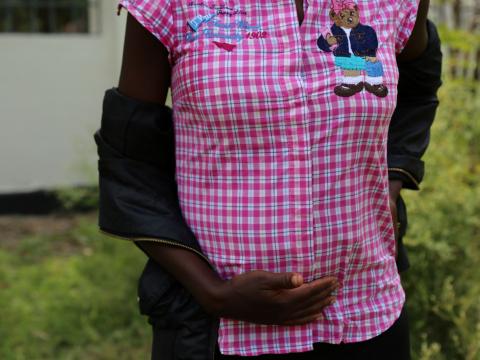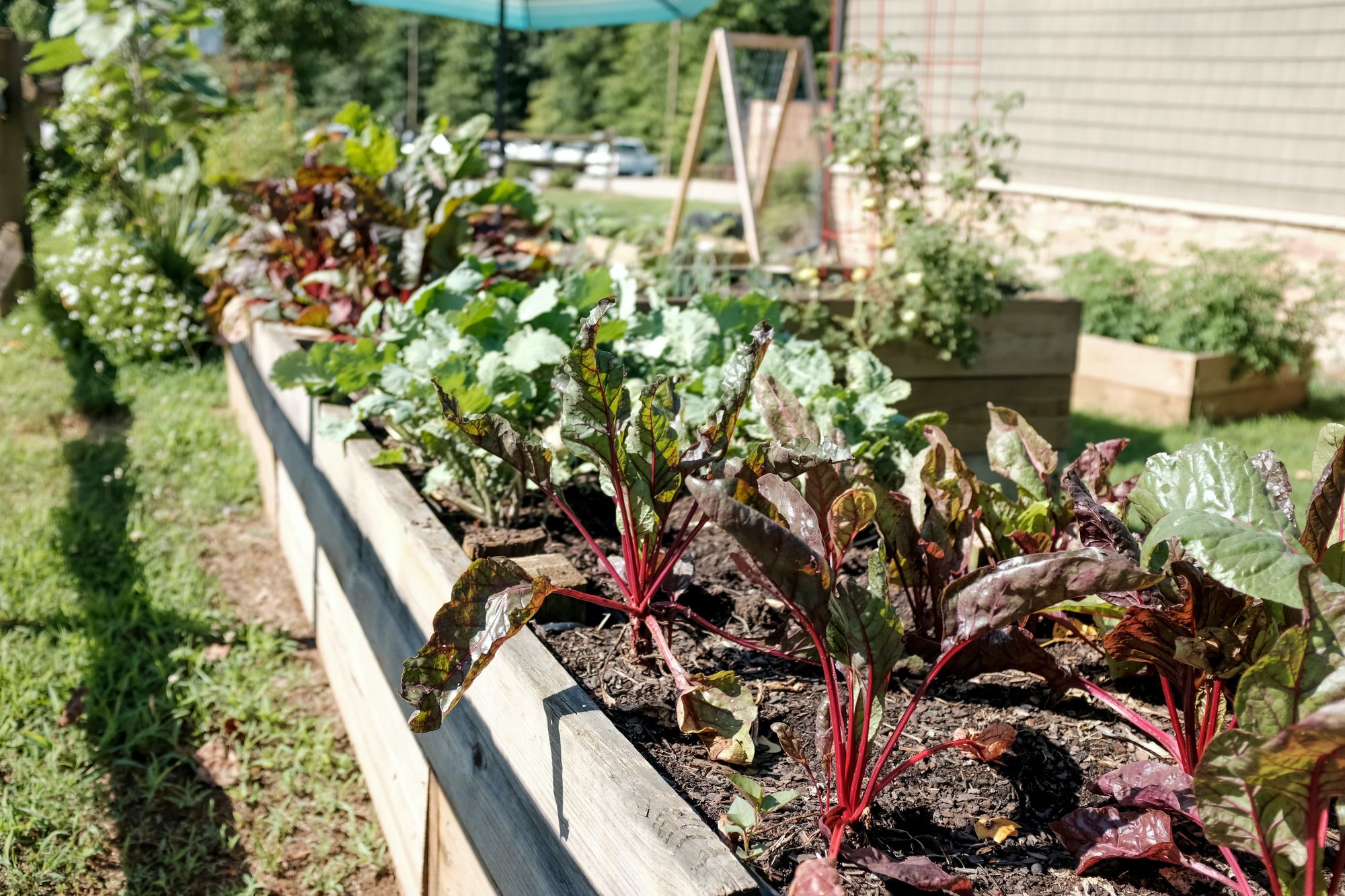Resilience is the process of handling different types of stress and recovering from adversity in life. Children may experience hardships, abuse, fractured relationships, loss of a loved one, and health problems in their early years. A resilient child can recover faster from such adverse experiences compared to a child that is not resilient. Resilience develops when children experience challenges and learn to deal with them positively and responsive parenting plays a major role in the development of resilience in children.
Importance of Resilience in Children
Every parent wants to protect their children from harm, hence the need for empowerment to cope with change. When children develop resilience, they manage emotions, overcome setbacks, and build confidence. Such children are often good at solving problems and learning new skills, due to their willingness to try again even when things don’t work. Resilience helps children understand that these uncomfortable emotions usually don’t last for long.
Resilience is a skill that can be learned, practised and developed over time. There is no manual on raising resilient children. However, the following strategies can make a difference.
Developing and fostering supportive relationships
Parents can teach their children about relationships by talking about how to choose friends, be good friends and handle conflicts. Children learn a lot of things about the world through observations. Parents should model the sort of relationships they would like their children to emulate.
Teaching children to recognize and express feelings
As children try to understand the complexities of emotions, they get overwhelmed and need to be taught to name feelings as they occur to build emotional vocabulary. This emotional management is a key aspect of developing resiliency. Remember that the best way to teach children to express their feelings is by setting a good example and being a model.
READ ALSO: Resilience: factors that help children adapt
Teaching children how to ask for help
Children learn new skills by observing especially from people they identify as role models. However, there are situations when emotions are overwhelming. As a result, children need clarification of expectations on new assignments, encouragement and an explanation on how to ask for help.
Resilient people don’t bounce back from tough experiences by themselves, but by asking for help and support which is a skill to be learnt.

Helping children develop a range of coping strategies
Coping strategies are behaviours, thoughts, and emotions used to adjust to changes that occur in life. When children experience uncomfortable emotions, they need a range of strategies to help cope and be able to tolerate, minimize, and deal with stressful situations. Emotion-focused coping skills help them deal with feelings and learn to manage difficult emotions and build resilience. Parents can ask questions that would help them discover what works best for them when times get tough.
Providing opportunities to practice acquired life skills
Life skills are necessary for tackling real-life challenges, paving way for a well-balanced individual, ready to tackle adversities. Parents are the first to show children the right path through responsive parenting. Integration of life skills from early years allows children to marvel, investigate, experiment, ask questions, and come up with eccentric solutions. Constant questioning encourages critical thinking about an experience, encourages creativity, and allows children to develop communication skills. The present generation desires life skills to endure and flourish in the 21st century.

Using an authoritative parenting style
Authoritative parents are warm and responsive to children’s needs and facilitate the development of emotional regulations, allowing autonomy and independence. These help children gain a sense of control of their lives. Authoritative parents are also nurturing, responsive, and supportive. They also set firm limits for children and attempt to control behaviour by explaining rules. They have high expectations for achievement and maturity while practising flexibility and understanding. They communicate frequently by listening and taking into consideration children’s thoughts, feelings and opinions before making decisions. They allow natural consequences to occur but use those opportunities to help children reflect and learn.
They have open discussions providing guidance, using reasoning and explanation for actions, allowing children to have a sense of awareness and teach values, and morals. Any disciplinary method used must be reasonable, negotiable, outcome-oriented, and concerned with regulating behaviours. Children from this type of parenting tend to appear happy, contented, independent, and active, use competent social skills, have high self-esteem, better mental health, exhibit less violent tendencies and are securely attached.
Conclusion
Resilience develops over time through experience offered in the environment. Parents need to be responsive and support children develop resilience.
The article was written by Dr. Catherine Gichuba, CEO and Lead Consultant at Regional Social Consultants Agency (RESCA).
Grab the latest issue of Parents Magazine Here








